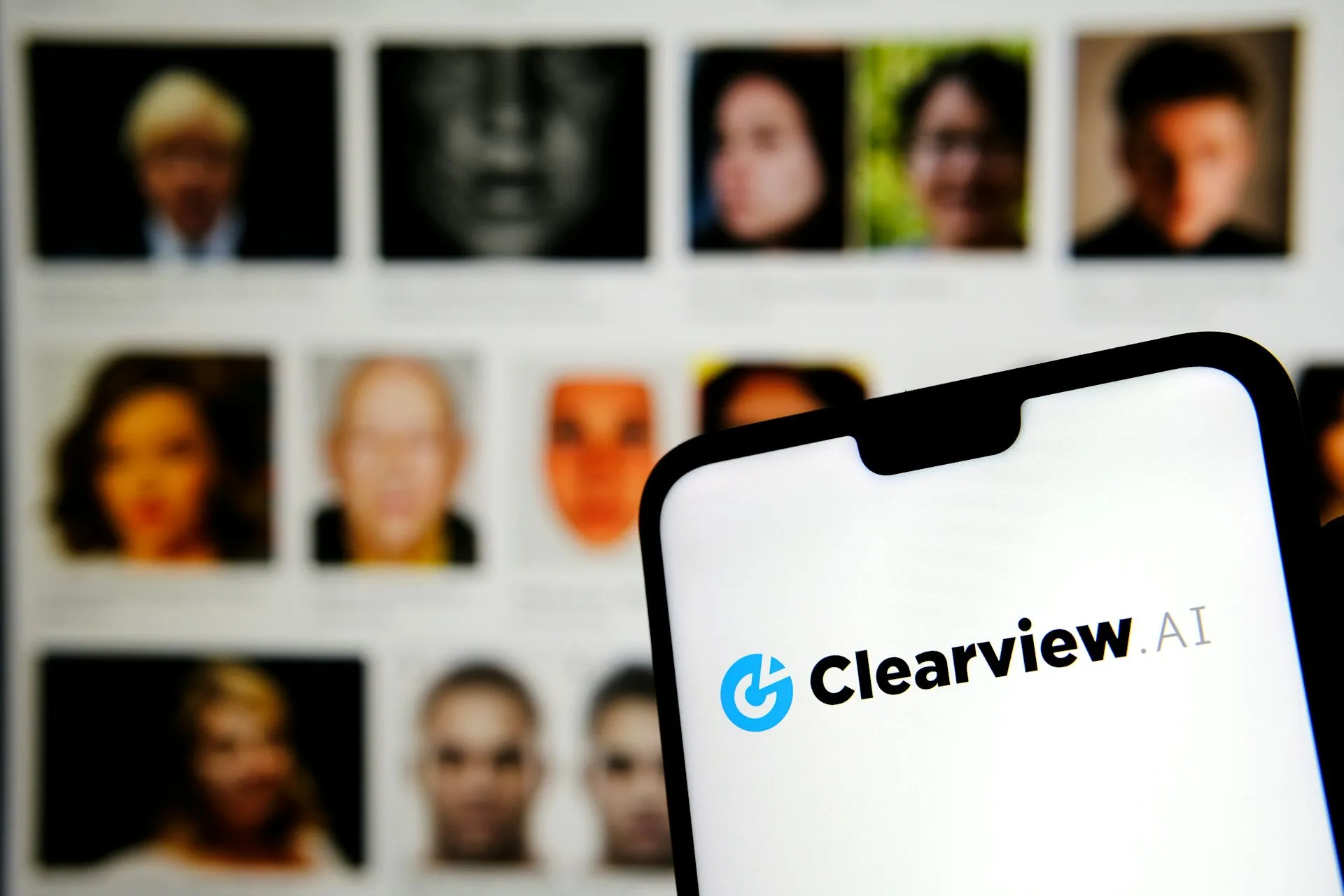AI Ethics and Privacy Rights: The Clearview AI Debate

AI Ethics and Facial Recognition: An Overview
Artificial Intelligence (AI) ethics is increasingly pivotal in discussions around new technologies. Facial recognition systems like those developed by Clearview AI have sparked significant debate concerning privacy rights. In 2021, Australia's privacy regulator ruled that Clearview AI engaged in practices violating privacy laws by scraping millions of photographs from social media platforms without consent.
Implications for Privacy Law
- Impact on Privacy Rights: The decision to drop the case against Clearview AI raises questions regarding the enforcement of privacy rights in tech.
- Technological Advancements: As AI continues to evolve, oversight becomes crucial to safeguard individual rights.
Future Considerations
- What will this mean for companies utilizing AI in surveillance?
- Legal Reforms: Will stronger privacy laws emerge as a response?
- Ethical Standards: How can AI be developed responsibly?
This article was prepared using information from open sources in accordance with the principles of Ethical Policy. The editorial team is not responsible for absolute accuracy, as it relies on data from the sources referenced.